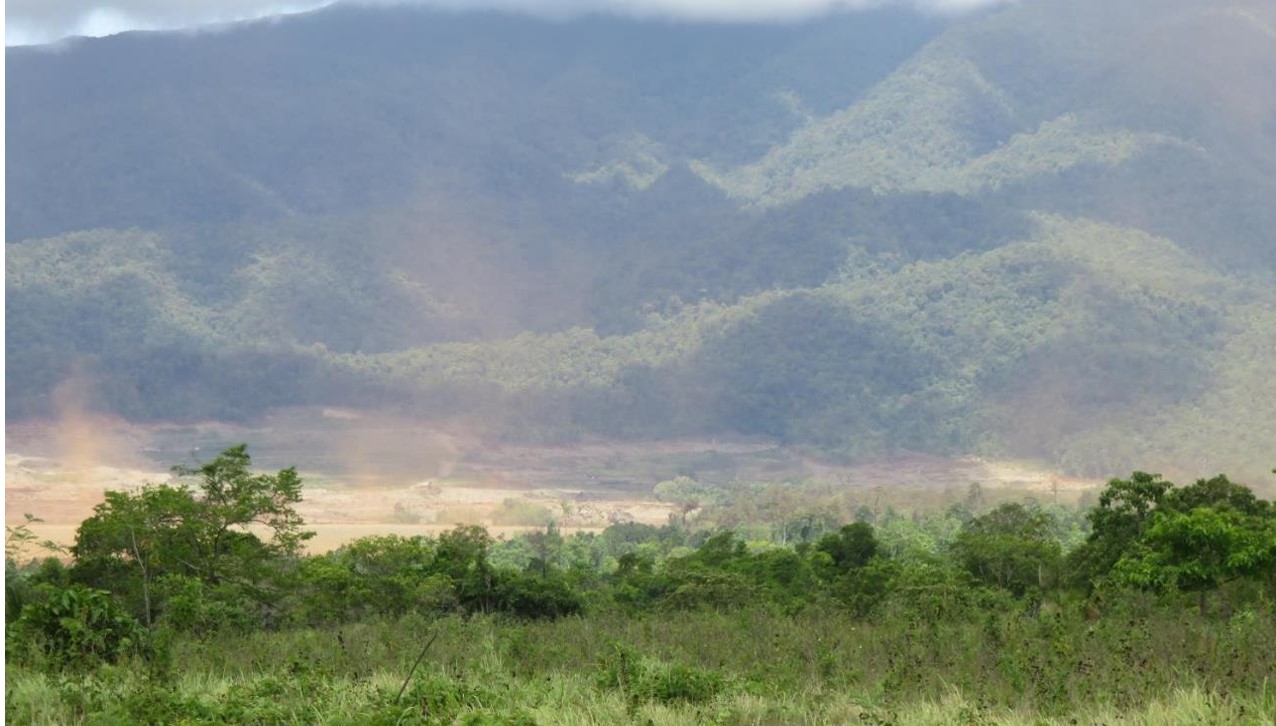Protect the basic human rights of communities affected by the Sorowako nickel project in Indonesia! Submission of a Request to Sumitomo Metal Mining for Appropriate Action as an Investor and Procurer
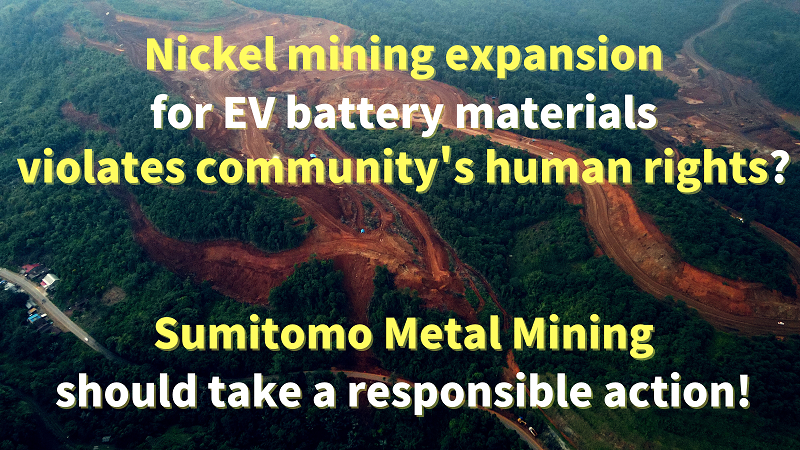
WALHI South Sulawesi, WALHI, Friends of the Earth Japan, and Pacific Asia Resource Center (PARC) submitted a letter of request on June 12, 2023 to Sumitomo Metal Mining (SMM), which has continued to own a 15.03 % stake in the Sorowako nickel mining and processing project in Indonesia and has imported nickel matte produced at the smelter. As demand for battery materials increases as part of efforts to achieve a decarbonized society, development pressure in Sorowaco is intensifying, from plans to build a new processing plant till exploration/expansion of the mining operations, and the environmental, social, and human rights issues faced by the local community continues to increase. We have requested that SMM take prompt and appropriate action to ensure that PT Vale Indonesia, its investee and supplier, protects the basic human rights of the local communities affected by the project.
Below is the text of the request (in English). (Click here for the Japanese version.)
> Click here for PDF (English)

June 12, 2023
Mr. Akira Nozaki
President and Representative Director
Sumitomo Metal Mining Co., Ltd.
Re: Call for Prompt and Appropriate Action to Urge PT Vale Indonesia to Take Measures to Protect the Basic Human Rights of Local Communities Surrounding Sorowako Nickel Project
Since we pointed out to your company the environmental pollution by PT Vale Indonesia (PTVI) around Mori Island, off the coast of Malili district, East Luwu, South Sulawesi, in 2021 [1], we have asked your company to take appropriate action on several significant environmental, social and human rights issues related to Sorowako Nickel Project, both as an investor (15.03% stake in PTVI) and from the perspective of the supply chain (import of nickel in matte produced at the existing processing facility in Sorowako under a special long-term contract).
For more than 50 years since the nickel development by PT International Nickel Indonesia (PT INCO) started in Sorowako, local community, including indigenous people, farmers, fisherfolk, women, have faced a wide range of problems in the development site of its vast concession area (70,566 hectares) . In recent years, as the demand for battery materials has increased as part of efforts to achieve a decarbonized society, the pressure for development in Sorowako, ranging from plans to build a new smelter [2] to exploration and expansion of the mine, has rather increased, and the concerns and problems faced by the local community also continue to grow.
First, farmland, an important means of livelihood for the residents of the area surrounding the Sorowaco mine, has been deprived with each expansion of the nickel mine. Within the concession area, farmers were forced to leave when the PTVI mining area was extended to farmland. Even when compensation was paid, some farmers reported that it was never enough considering the labor, fertilizers, and other necessary expenses they had invested in cultivating their farmland. In the first place, monetary compensation is not a sustainable measure, since it ends when it is used up. There are also reports of cases where the level and conditions of compensation are not consistent, including cases where there is no compensation at all, leading to the division of communities.
Because of the overlap between the PTVI concession area and the farmland, there have been threats and harassment of farmers by police and security guards to evict them from the PTVI land. Farmers continue to cultivate their land in fear that the land they have worked so hard to cultivate might be deprived of them at any moment.
With respect to the Tanamalia concession, where PTVI is currently conducting exploration activities, exploration is proceeding without proper community consultation, and farmers are calling for the exploration to be halted. In the Sorowako area, pepper cultivation has brought enormous benefits to the community over the past 20 years. For pepper farmers, including women, and those engaged in pepper-related economic activities, the expansion of the mine at the Tanamalia block is a serious concern that threatens their lives. It is the desperate hope of the farmers that these farmlands be excluded from the PTVI concession area so that they can continue to farm.
Environmental pollution around the Sorowako mine has also threatened the lives of the local community. In February 2023, community members in Asuli village, Towuti district, raised a protest demanding prompt action by PTVI when a nearby spring water that the community used as a water source not only turned brown and muddy, but the water source itself dried up on some days. On top of that, hexavalent chromium exceeding the drinking water quality standards by the Japanese government (0.02 mg/L) [3], the guidelines for drinking-water quality by World Health Organization (WHO) (0.05 mg/L) [4], and the water quality standards for drinking water by the Indonesian government (0.05 mg/L) [5] was found in this water source, when FoE Japan and WALHI South Sulawesi conducted water testing in October 2022.
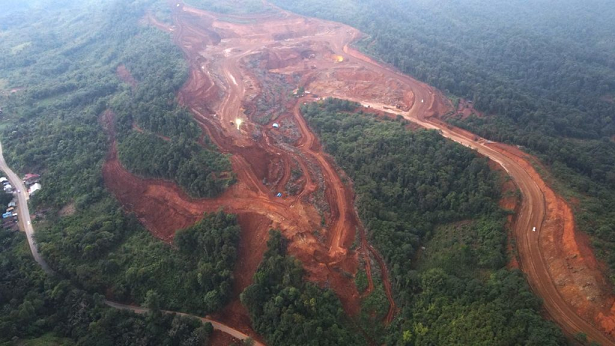
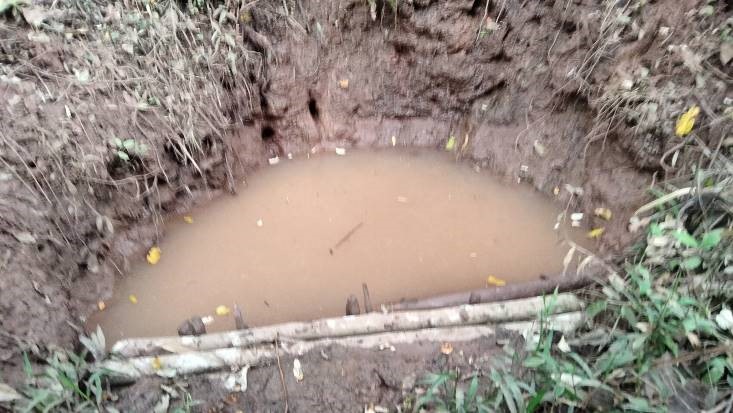
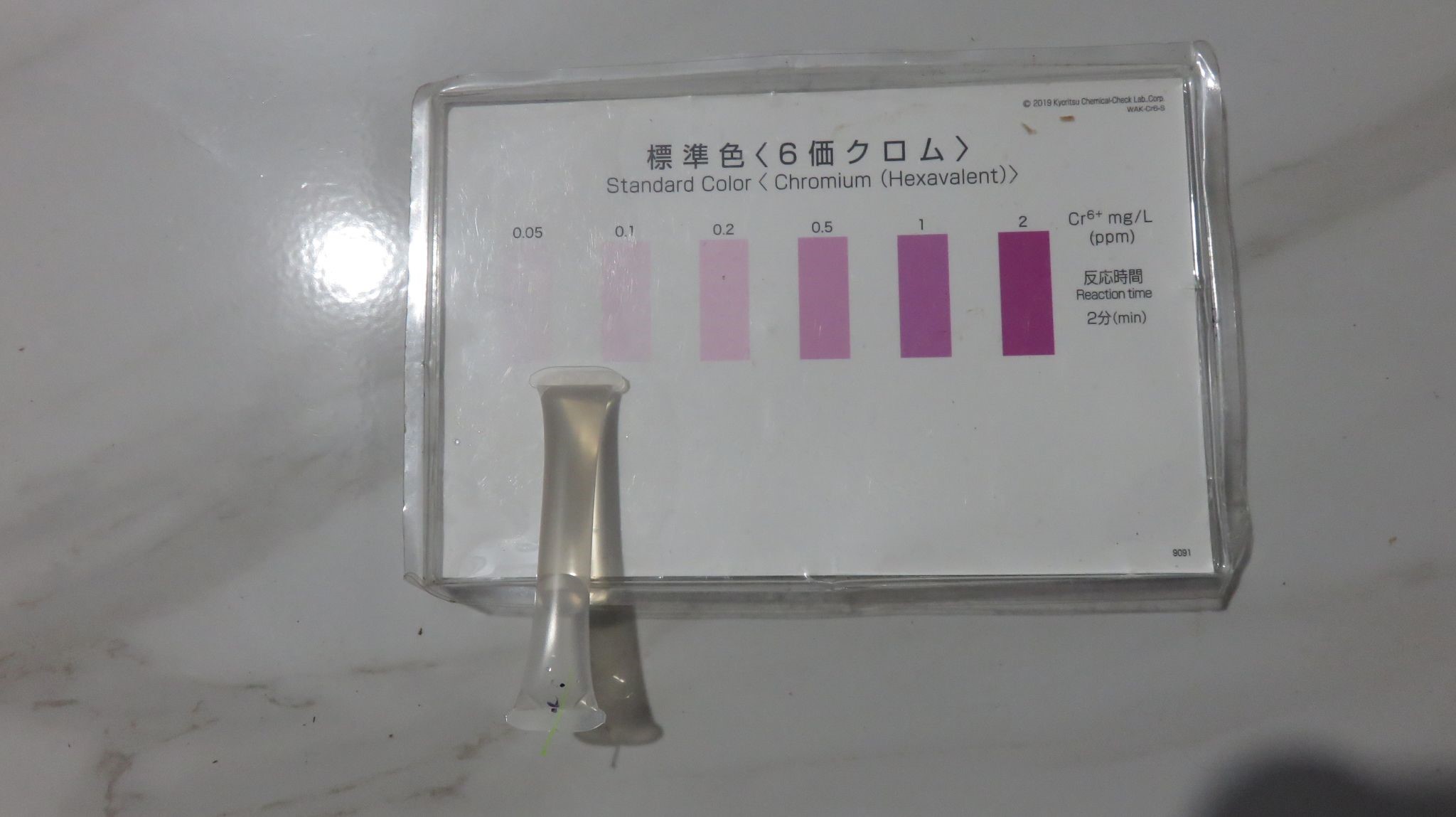
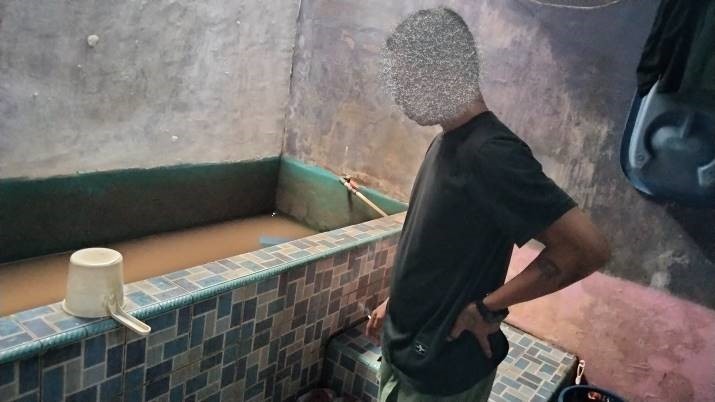
In the above-mentioned Tanamaria Block, where exploration activities are ongoing, according to pepper farmers in the area, there are at least tens of springs, and the impact not only on the community but also on the ecosystem of the rainforest area, including the flora and fauna that live there, is a major concern.
Your company has recently established the “Sumitomo Metal Mining Group’s Water Policy" [6]. As you recognize, “water is an essential shared resource for local communities and the surrounding ecosystem" and “Access to water is critical to the communities". Although the policy is supposed to apply only to “the entirety of SMM’s business (SMM and its subsidiaries)," it is very unfortunate and ironic that serious human rights violations related to “access to water" are occurring at your company’s investee and supplier.
The access to clean and safe water is one of the basic human rights of the local community, including women and children. With regard to environmental pollution around the project site caused by hexavalent chromium, a highly toxic heavy metal that is a known carcinogen and also causes liver and skin damages, it is important to prevent any health damage to the local community. “Double standards" under the loose monitoring and regulation of local government agencies should not be tolerated, and your company is required to take a proactive approach to ensure that your suppliers comply with the same standards as those in Japan.
Furthermore, it is crucial not to overlook the fact that the “freedom of expression" of the local communities, who have been raising their voices to PTVI to improve its measures in order to protect their lives, has been suppressed.
In March 2022, seven residents were unjustly arrested and detained, causing financial and mental hardships for them and their families when they protested, calling on PTVI to respect the rights of indigenous peoples, ensure access to clean water, respect the rights to farmland, and secure employment opportunities for the youth population. In February 2023 when the above-mentioned community in Asuli village made protest actions, the community had to stop their protest due to the intervention or intimidation by local authorities, such as police and intelligence who summoned a community leader and told him to stop their protest.
This serious violation of the “freedom of expression" of residents, including indigenous peoples, should not be tolerated. As the investor and procurer of the nickel development project in Sorowako, your company is required to take appropriate measures to avoid complicity in such human rights violations.
In light of the above, we request that your company take prompt and appropriate action to ensure that PTVI, your investee and supplier, takes the following actions;
- To exclude farmland, where local communities depend on for their livelihoods, and adequate buffer zones from the area to be mined (including the Tanamalia block currently under exploration);
- To take immediate and appropriate remedial measures to ensure clean and safe water access for the local communities. Also, develop and make public a plan to prevent recurrence of problems related to water access;
- To stop nickel mining activities in essential ecosystem areas, such as forests and river areas, especially upstream, and in community water sources area, in order to prevent toxic pollution in the future;
- To restore the environment in river areas and community water sources areas;
- To respect the local community’s human rights to health and living, including access to clean and safe water;
- To respect the freedom of expression of the community affected by its nickel projects.
The ability of local communities affected by the Sorowako Nickel project to continue farming, to make a healthy living, and to freely express their objection and concerns – these are all basic human rights. Your company has stated its support for the UN Guiding Principles on Business and Human Rights, and you have your own policy on human rights [7]. We look forward to your company’s understanding and sincere response.
WALHI South Sulawesi
WALHI
Friends of the Earth Japan
Pacific Asia Resource Center
Contact:
Friends of the Earth Japan
Add: 1-21-9 Komone, Itabashi-ku, Tokyo, Japan 173-0037
Tel: +81 3 6909 5983
Email: hatae@foejapan.org
Footnotes:
[1] https://sulsel.suara.com/read/2021/08/24/170705/walhi-sulsel-desak-pt-vale-hentikan-sementara-produksi-nikel
[2] https://www.vale.com/documents/44618/1438416/PT+Vale+and+Huayou+Show+Sustainability+Commitment+by+Building+a+new+HPAL+Plant+for+Limonite+Nickel+Ore+in+Luwu+Timur.pdf/3f0a54cf-12f6-845e-94e2-3950d845d998?version=1.0&t=1668006561928
[3] https://www.mhlw.go.jp/stf/seisakunitsuite/bunya/topics/bukyoku/kenkou/suido/kijun/kijunchi.html#01
[4] https://www.who.int/teams/environment-climate-change-and-health/water-sanitation-and-health/water-safety-and-quality/drinking-water-quality-guidelines
[5] https://jdih.setkab.go.id/PUUdoc/176367/Lampiran_VI_Salinan_PP_Nomor_22_Tahun_2021.pdf
[6] https://www.smm.co.jp/en/sustainability/management/water_policy/
[7] https://www.smm.co.jp/en/sustainability/management/humanrights_procurement/
